From New York Roots to Early Stardom
Picture a shy teenager in New York City, quietly dreaming of the spotlight. Born Margaret Ann Lipton on August 30, 1946, Peggy Lipton grew up in a middle-class Jewish family on Long Island. Her father worked as a corporate lawyer, while her mother nurtured creativity as an artist. Life wasn’t always easy—Peggy battled insecurities and bullying during her school years. But those challenges only fueled her ambition. At just fifteen, she signed with the prestigious Ford Modeling Agency, her natural glow and striking features landing her in national magazines.
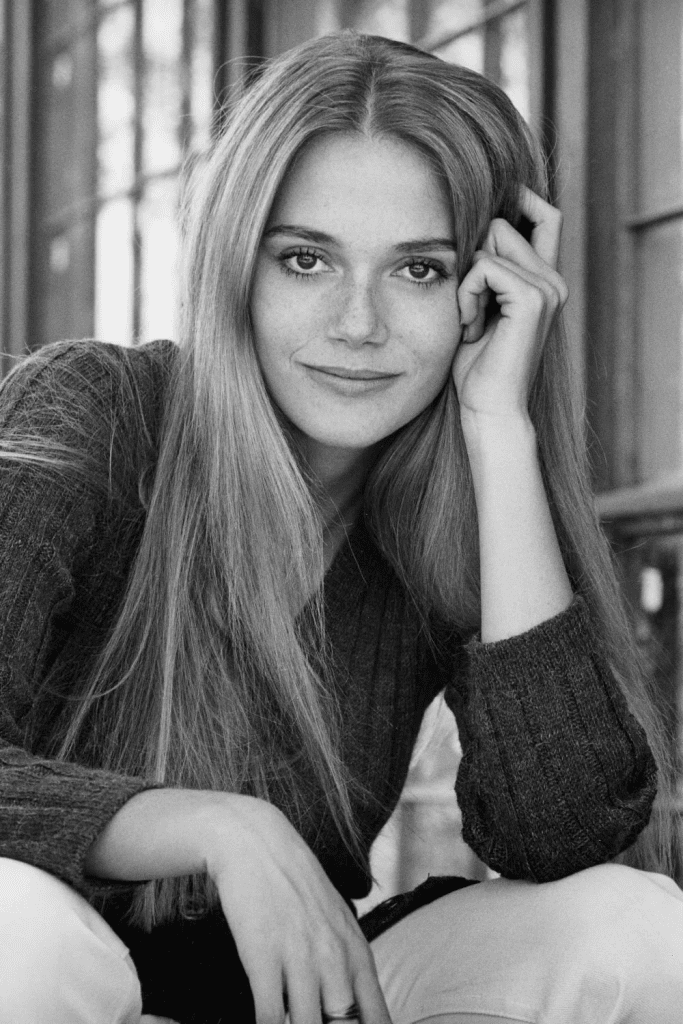
By eighteen, Peggy had set her sights on Hollywood. She moved to Los Angeles, where small acting jobs in shows like Bewitched and The Virginian became her training ground. Each role built her confidence, like brushstrokes on a canvas preparing her for the masterpiece that was about to unfold.
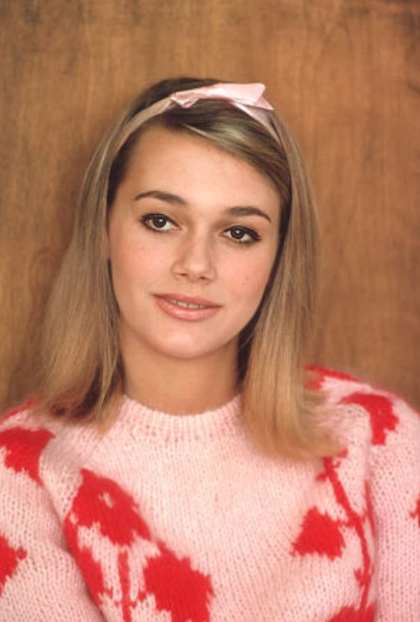
Breaking Out with The Mod Squad
Peggy Lipton’s big break came in 1968 when she was cast as Julie Barnes in the groundbreaking TV series The Mod Squad. This wasn’t just another cop show—it was a cultural revolution. The series followed three young undercover detectives, tackling hot-button issues like racism and counterculture unrest. Peggy’s Julie was the heart of the trio: sensitive yet strong, a character who embodied both vulnerability and quiet power.
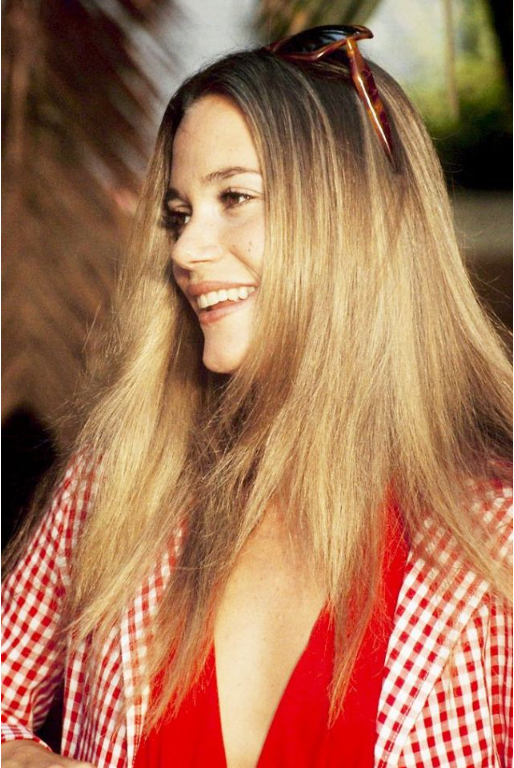
Her long blonde hair, soulful eyes, and effortlessly cool style turned her into a 1960s fashion icon. Those bell-bottoms and bohemian vibes? Pure Peggy. Her performance earned her a Golden Globe Award in 1970 and several Emmy nominations, proving she was more than just a pretty face—she was a talent who could carry complex stories with grace and depth.
Video : The Untold Story of Peggy Lipton Through Rare Photos
A Career That Spanned Decades and Genres
After The Mod Squad, Peggy refused to be typecast. She explored music, recording folk-pop singles like “Stoney End,” a song so good Barbra Streisand later recorded it. In the 1990s, she captivated audiences again as Norma Jennings in David Lynch’s cult classic Twin Peaks. As the warm-hearted diner owner with an air of mystery, Peggy brought quiet intensity to every scene—her performance lingered like the show’s haunting soundtrack.

Her later work included appearances in Alias, Crash, and the film A Dog’s Purpose (2017). Each role proved her range and adaptability. Whether in a 1960s counterculture drama or a 2010s family film, Peggy Lipton carried an unmistakable magnetism.
Music and Creative Expression
Peggy’s creativity wasn’t limited to acting. During the late 1960s, she embraced her musical side, releasing an album of folk-inspired songs. Tracks like “Wear Your Love Like Heaven” and “Stoney End” showcased a voice that was warm and breezy, perfectly in tune with the era’s mellow sound. Though her music career was brief, it highlighted her willingness to explore new avenues of self-expression.
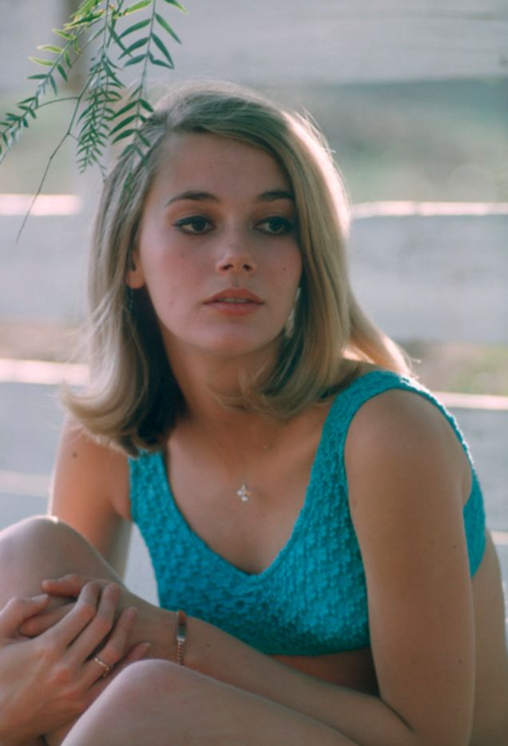
Her songs remain cult favorites, treasured by fans who appreciate the authentic, soulful vibe she brought to every note. Like her acting, her music carried a quiet confidence—proof that her artistry went far beyond the screen.
Love, Family, and Personal Resilience
Peggy’s personal life was as intriguing as her career. In 1974, she married music legend Quincy Jones, creating one of Hollywood’s most admired couples. Together, they had two daughters, Kidada and Rashida Jones, both of whom would go on to successful careers in entertainment. Despite their divorce in 1990, Peggy and Quincy remained close friends and devoted co-parents.
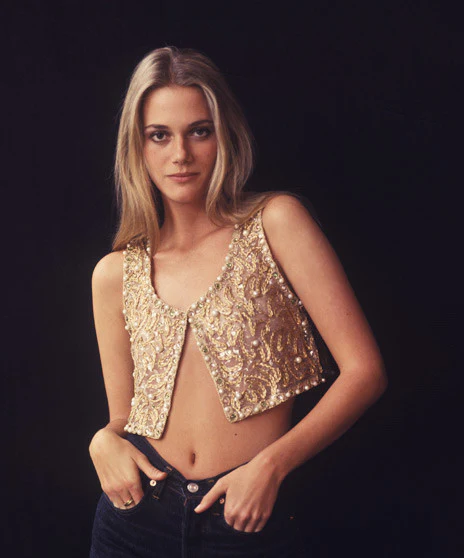
Balancing the demands of fame and motherhood wasn’t easy, but Peggy did it with grace. She also embraced spirituality, exploring Buddhism and meditation, which helped her stay centered in the often chaotic world of Hollywood. Her memoir Breathing Out (2005) revealed her struggles with self-doubt, her path to self-acceptance, and her deep love for her family.
Video : Peggy Lipton
Health Battles and Advocacy
In 2004, Peggy faced a breast cancer diagnosis that would test her strength. She approached the fight with the same quiet courage that defined her life. Her openness about her journey inspired many and helped raise awareness about early detection and treatment.
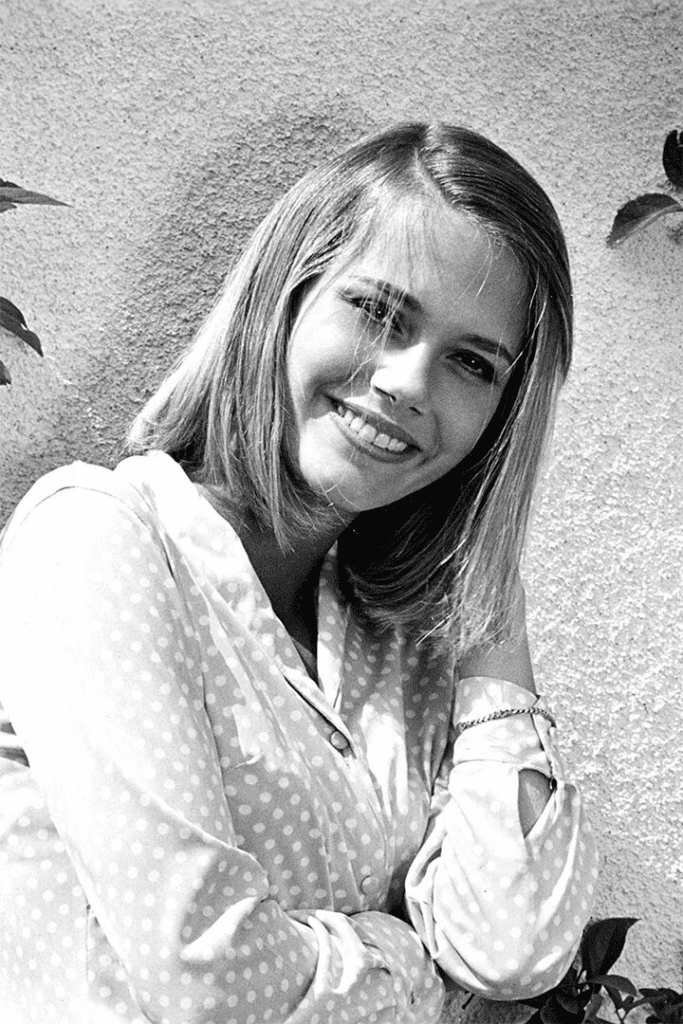
Through interviews and public appearances, she encouraged others to prioritize their health and to speak openly about their own challenges. Her advocacy work for cancer awareness and her candid discussions about mental health made her a role model far beyond her acting career.
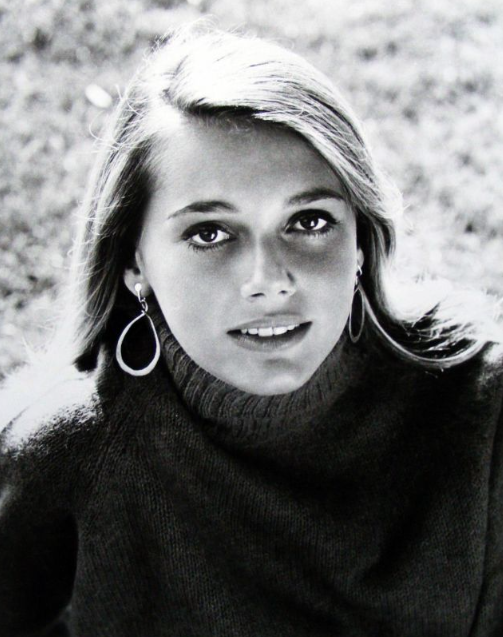
Peggy Lipton’s Legacy in 2025
Although Peggy Lipton passed away on May 11, 2019, at the age of seventy-two, her influence continues to resonate. In 2025, her work remains widely celebrated—The Mod Squad and Twin Peaks continue to stream to new audiences, introducing her charm to viewers who weren’t even born during her heyday. Fashion designers still draw inspiration from her effortless 1970s style, while film festivals honor her with retrospectives.
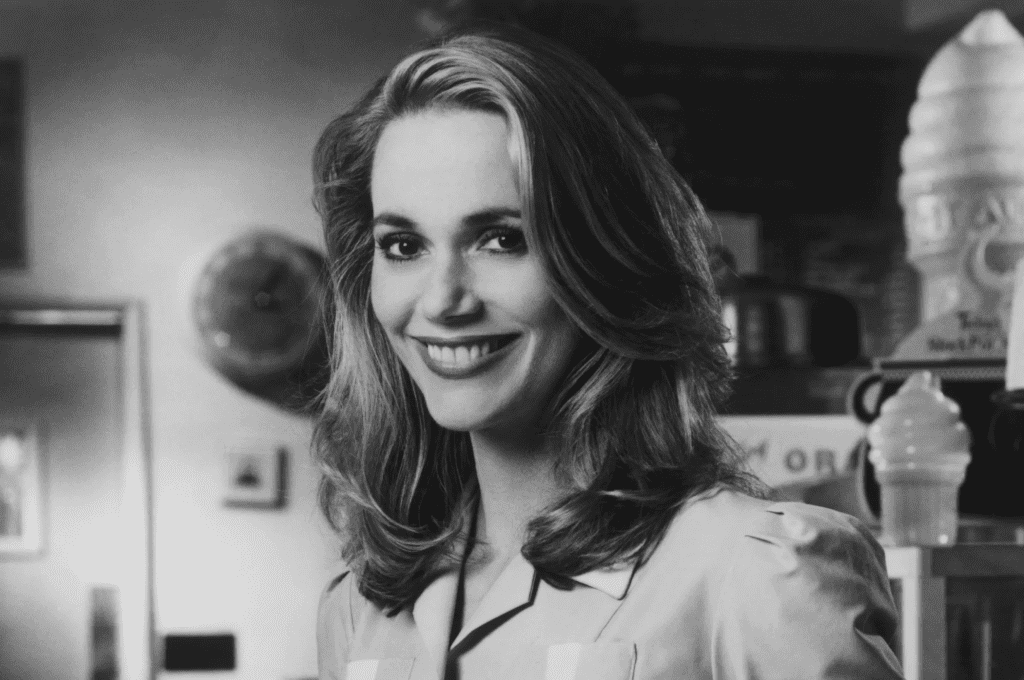
Her daughters, Rashida and Kidada, keep her memory alive through their own creative work and public tributes. Fans share vintage photos and favorite clips across social media, proving that Peggy’s glow is timeless. Her life story continues to inspire—reminding us that true beauty lies not just in appearance, but in resilience, kindness, and authenticity.

Conclusion: A Timeless Radiance That Lives On
Peggy Lipton’s journey—from a shy New York teen to a Golden Globe–winning actress and beloved cultural icon—is a testament to grace and perseverance. She broke barriers with The Mod Squad, redefined herself in Twin Peaks, explored music, embraced motherhood, and turned personal challenges into opportunities to inspire others. Even years after her passing, her legacy shines brightly, reminding us that true star power isn’t about fleeting fame but about the lasting impact of a life lived with heart and courage. Peggy Lipton didn’t just light up Hollywood—she left a glow that will never fade.
